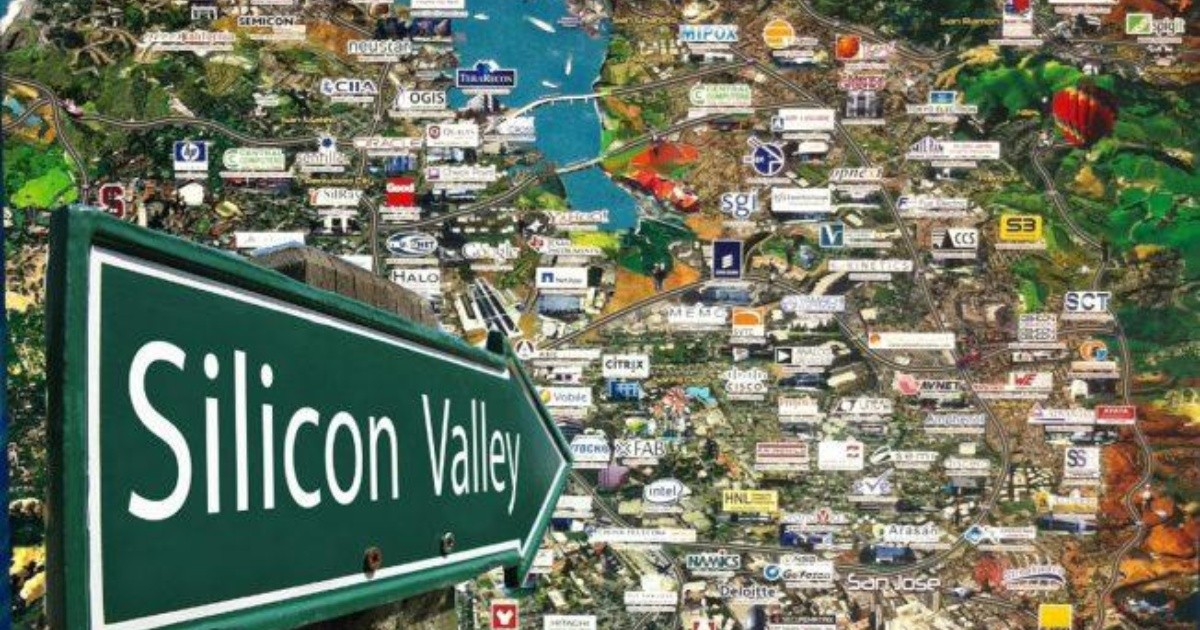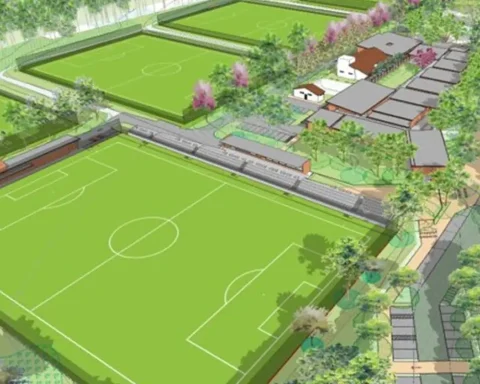The growth of Silicon Valleythe southern area of the Bay of San Francisco, California in the United States, has also caused problems of access to living placemaking it one of the most expensive markets in the country, complicating the housing scenario for the thousands of employees who work in the technological giants of that region.
In this context, Google in collaboration with the developer Lendlease revealed part of its plan to be able to redensify this area with 15,000 households affordable, mixed-income, in the next 15 years.
Currently, the Silicon Valley area encompasses several of the most expensive cities to buy living place in the United States, with average prices that can range from 1.3 million dollars to 10.5 million dollars.
In line with company plans in that region, Google has decided to intervene in order to redensify the area with households more accessible.
“We all know that this area has a critical shortage of households and housing of all kinds… What we’re seeing is that people want to live in the Bay area and Silicon Valley, but have supply limitations. So it’s difficult and, as a result, it’s expensive,” says Claire Johnston, CEO of Google Development Ventures at Lendlease to the FastCompany portal.
According to what was disclosed to FastCompany, the intention of Google and Lendlease is to redensify part of Silicon Valley through a mix of homes for rent and for sale, which would be built on land owned by the tech giant.
The article signed by Nate Berg advanced that the 15,000 units that Lendlease now plans for the land of Googlewill be mixed-use in nature, which Johnston says is much more in line with historical development patterns in the region.
“(The goal is to create homes) where people can live in an environment where they don’t have to take the highway to get milk,” Lendlease’s board said.
Take the community into account
FastCompany highlights that, for Google, It is important to take into account the comments of the community regarding the housing evolution of the area, for which the technology firm says it is open to listening to local wishes and concerns.
“No community likes an imposition, and no one likes being told what to do or how to do things. So the role of a responsible developer who cares about longevity in a community is to really go in and understand the place, understand what exists, understanding people,” says Johnston.
The information portal highlights that 15,000 houses for an area inhabited by 3 million people cannot generate a favorable impact for the affordable housing; however, this action demonstrates the importance of a technology giant to attract and retain talent, beyond having good offices.
FastCompany collects comments from Johnston in the sense that the technology firms in the area are increasingly turning to see the importance of urban development in this technology hub, so surely Google It will not be the last firm to support a project of these characteristics.
“There is this predisposition within the community at large, not just necessarily in Googleto say how I can make a better experience for the humans who come to work [aquí]Johnston points out.

















